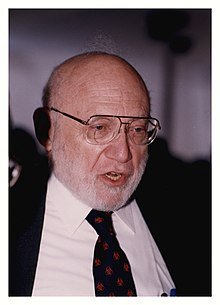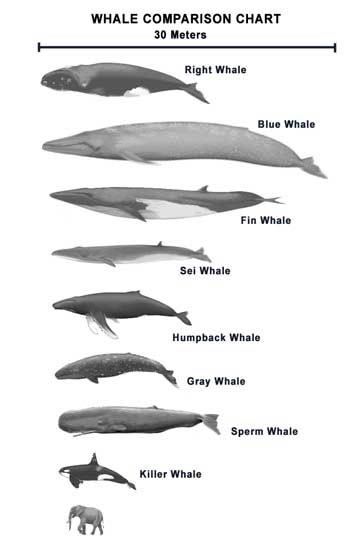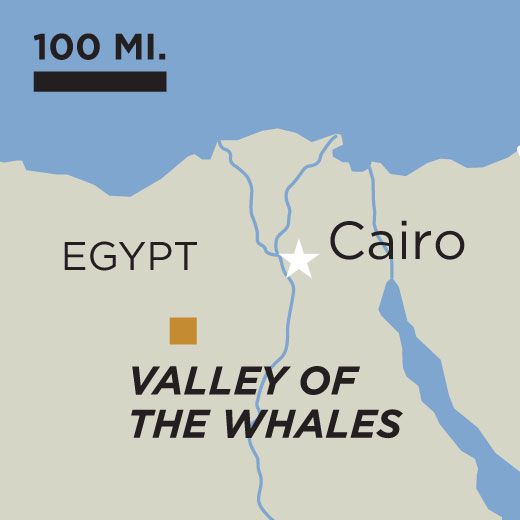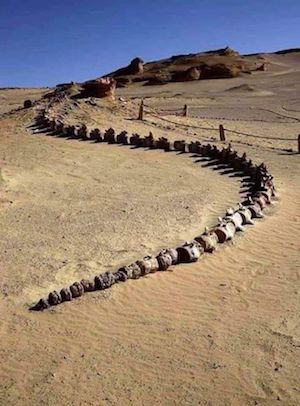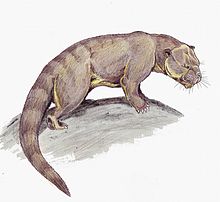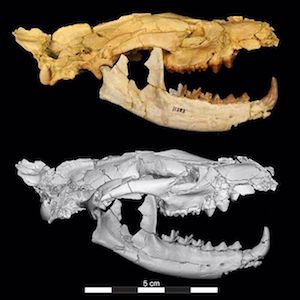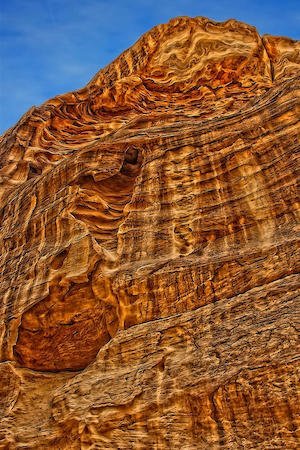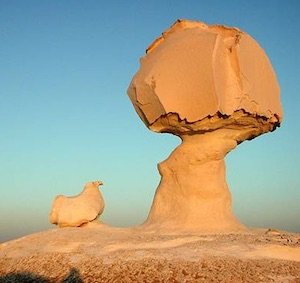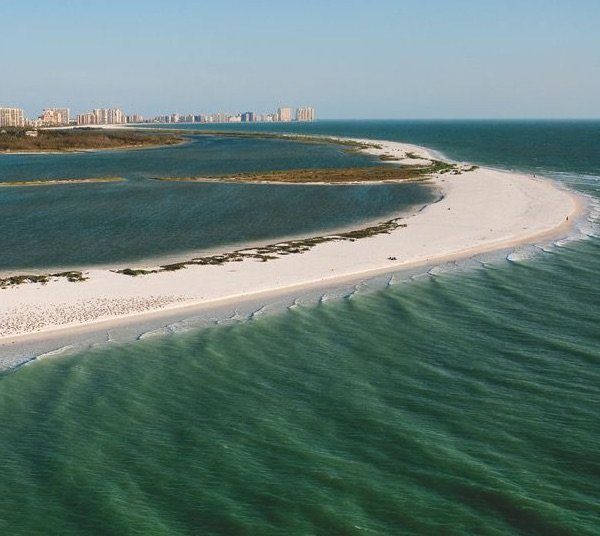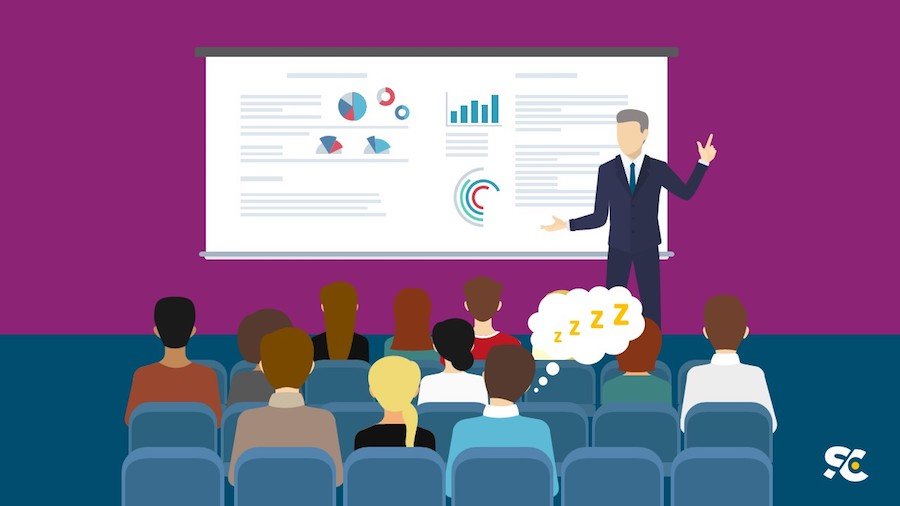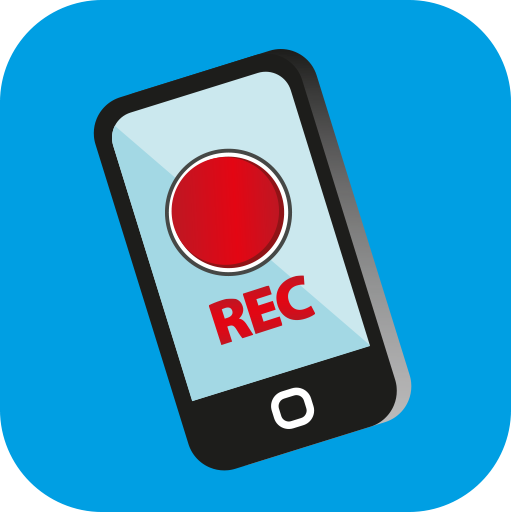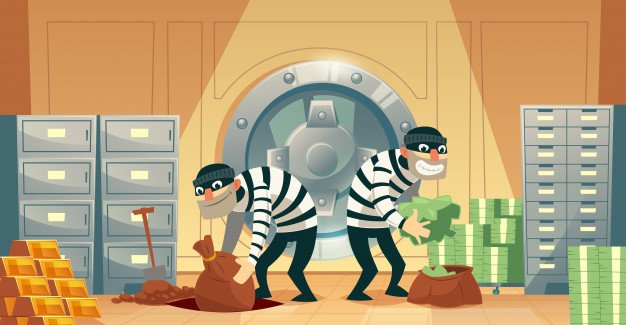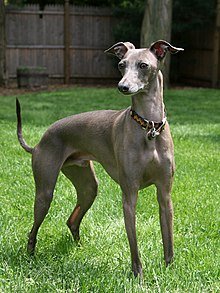SESSION 8
Evolution
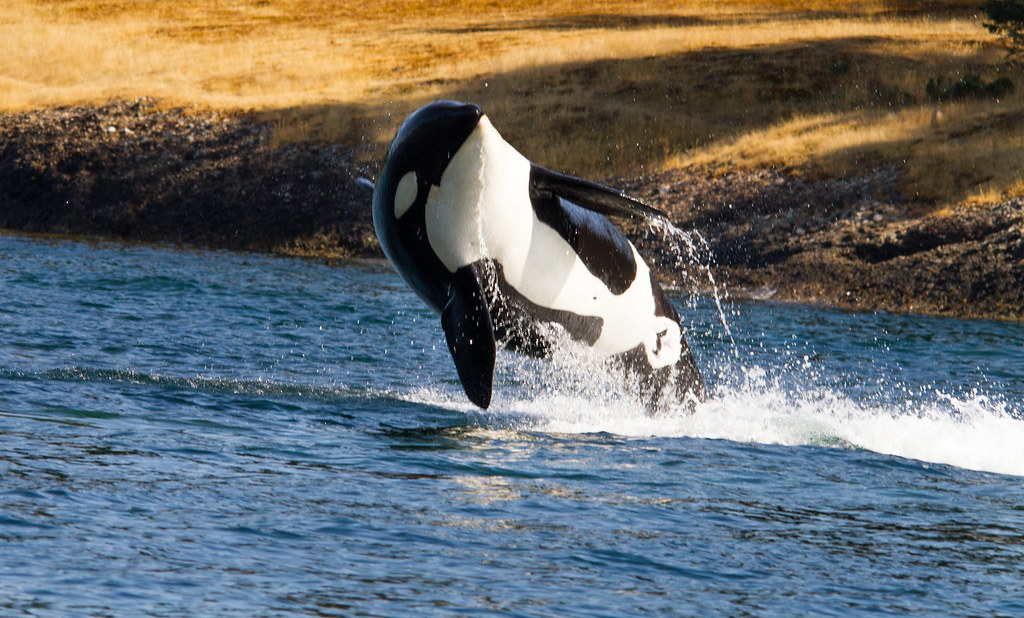 "Killer Whale (Resident Orca)" by Shawn McCready is licensed under CC BY-ND 2.0
"Killer Whale (Resident Orca)" by Shawn McCready is licensed under CC BY-ND 2.0
This session is a brief introduction to the fascinating world of Marine Biology. The activities proposed here provide valuable information about water mammals and how they have evolved throughout history.
The section devoted to Language Tools will present various relative pronouns and the use of relative clauses.
INTRODUCTION
A. Before we start. How much do you know about water mammals?
Challenge #1
Do you know the names of the following water mammals? Show your expertise and warping speed to other students by completing the following challenge with zero mistakes as fast as you can.
NOTE: For bigger images click on the fullscreen icon
TEST UPDATE
Due to COVID-19, the listening test has been cancelled. Check new assessment procedure below.
TEST
100% of the mark
(January 2021)
- Reading comprehension
- Culture landmarks 1-6
- Grammar
- Writing
STRUCTURE
Playing
- Challenge #1: Water mammals
- Challenge #2: Whale body parts
- Challenge #3: Relative bank robbery
Watching
- Evolution: Great Transformations
Comprehension
- Transcribe
- Answer the A/B/C/D questions
- Open questions
Oral practice
- Prepare yourself for presentations
Watching
- Relative clauses
Language tools
- Relative pronouns
- Building up sentences with relative clauses
PREVIOUS SESSIONS
4. Fortnite
